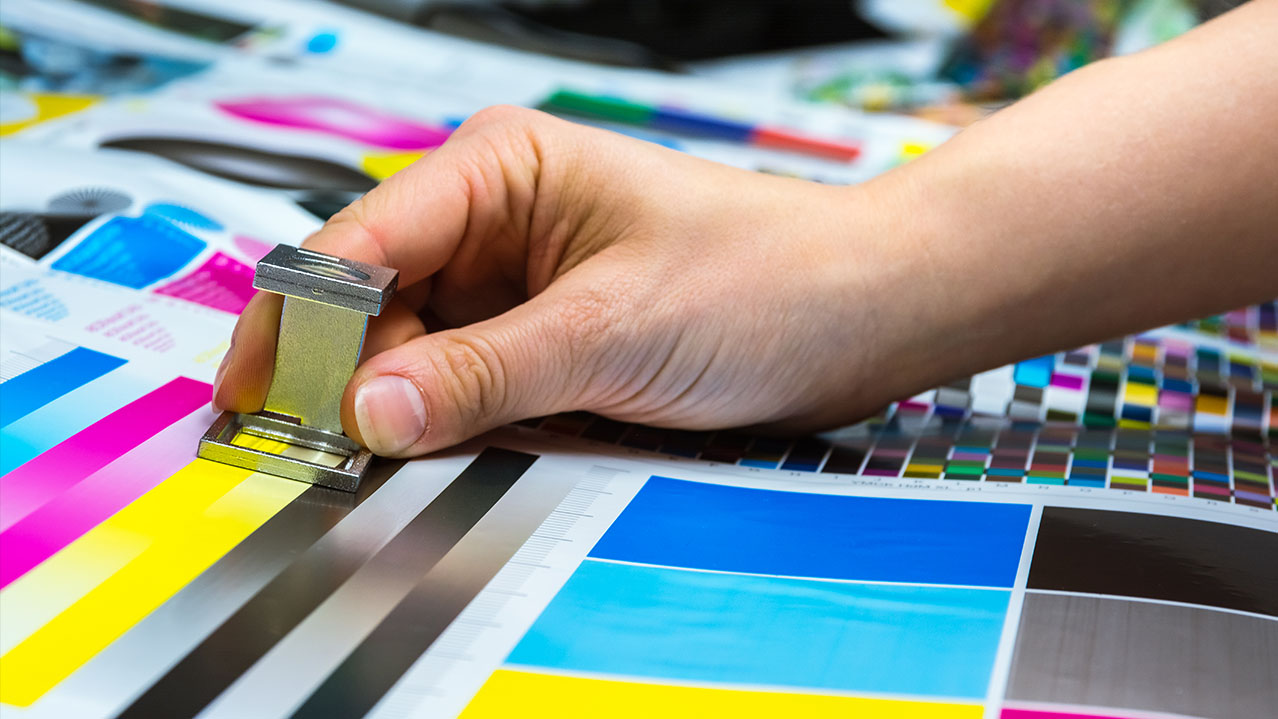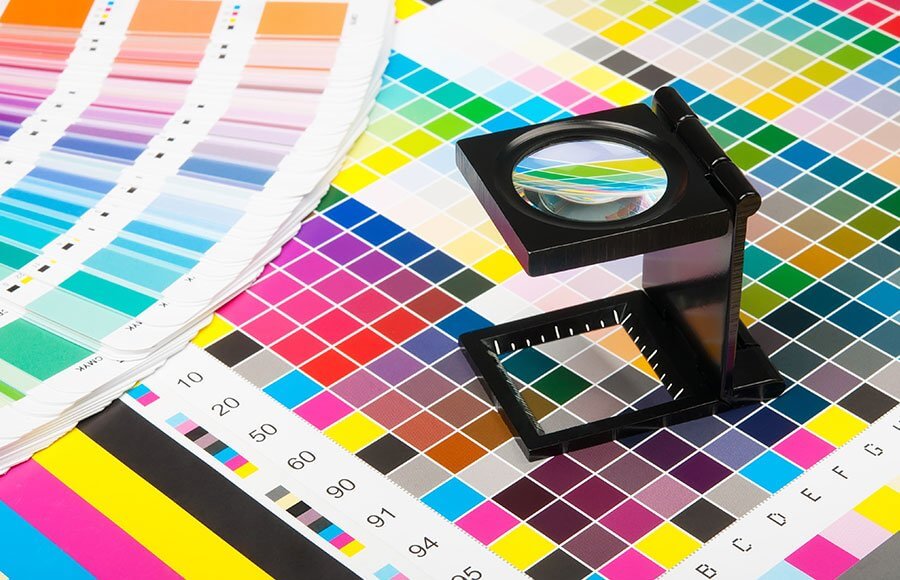Budget-Friendly litho printing Solutions for Your Business
Budget-Friendly litho printing Solutions for Your Business
Blog Article
A Comprehensive Guide to Comprehending Litho Printing Strategies
The globe of litho printing, a strategy stemming from the late 18th century, is a remarkable blend of history, science, technology and art. Stay with us as we journey right into the exciting realm of litho printing.
The Historical Evolution of Litho Printing
The historical trajectory of litho printing, a crucial development in the realm of communication, is an exciting story of human resourcefulness. Birthed in the late 18th century by Alois Senefelder, this strategy was initially an affordable method of releasing theatrical works. Lithography, originated from the Greek words for 'rock' and 'to create', used a smooth rock surface area to move images onto paper. The process evolved with the advent of the rotating press, which significantly increased performance (litho printing). In the 20th century, the advancement of balanced out lithography revolutionized the market, permitting automation of top quality prints. Each stage of litho printing's development showcases humanity's ruthless quest of efficiency and top quality in aesthetic interaction.
Decoding the Scientific Research Behind Litho Printing Inks
Moving on in the expedition of litho printing techniques, the emphasis currently shifts to the science behind litho printing inks. The structure of these inks, their drying procedure, and color mixing strategies develop the backbone of this complex art kind. Comprehending these elements is essential to understanding the craft and accomplishing the desired print outcomes.
Composition of Litho Inks
In lithographic printing, the fundamental duty of litho inks can not be overemphasized. The structure of litho inks differs depending upon its objective, however typically, they contain two major parts - pigments and automobiles. Pigments, the color-providing components, are finely ground particles put on hold in the automobile, a liquid that brings the pigment onto the printing surface area. The lorry is a complicated mix of oils, resins, and solvents, which influence the ink's drying out time, attachment, and gloss. Additionally, various ingredients are present to improve particular properties like circulation, drying out, and resistance to ecological results. Each element plays a vital part in the last print's quality, making the accurate solution of litho inks an elaborate scientific research.
Ink Drying Process
From the composition of litho inks, focus turns to the fascinating process of ink drying. 2 primary methods are used in litho printing: oxidative drying out and absorption. Absorption, on the various other hand, entails the ink leaking right into the paper fibers, which is a faster procedure yet can lead to less vivid shades.
Shade Combining Strategies
While the drying procedure plays a vital role in litho printing, the science of shade blending strategies holds equivalent value. The scientific research behind litho printing inks also takes right into account the openness of the ink, which affects how colors overlay and mix.
The Art and Style Components in Litho Printing
Litho printing breathes life right into art and style via its one-of-a-kind aspects. The process includes developing a picture on a lithographic limestone plate or metal plate with a smooth surface. The photo is then published onto a tool, typically paper, by transferring the ink from the plate. What collections litho printing apart is its capacity to reproduce detailed styles with high fidelity, making the outcome virtually similar to the initial art work. This is achieved through making use of various line methods such as hatching, cross-hatching, and stippling, which enable a series of tonal results. Litho printing accommodates a range of shades, allowing musicians to produce dynamic and dynamic prints. This combination of precision and adaptability makes litho printing a preferred choice for many artists and developers.
Modern Applications of Litho Printing Methods
Litho printing strategies have actually found extensive use in the modern business sector. Its impact and significance remain to grow with the arrival of new innovations and technologies in the area. This area will certainly explore these modern applications and the transformative role they play in the printing market.
Commercial Litho Printing Makes Use Of
In today's digital age, one could question regarding the significance of typical printing methods. Yet, litho printing stays an essential component of the industrial industry. High-volume printing tasks, such as the manufacturing of books, papers, and packaging, count on litho printing for its capability to deliver remarkable image top quality and expense performance. The procedure, which includes transferring an inked image from a plate onto a rubber covering and then to the printing surface, provides unparalleled uniformity. This makes it her response optimal for jobs needing a big print run. Litho printing also supplies a broad shade range, premium to that of digital printing. This makes it the go-to selection for jobs that require lively, premium shade recreation.
Technologies in Litho Printing
Pressing the borders of conventional strategies, modern-day advancements have fueled a host of innovations in litho printing. These developments have not just enhanced the high quality and effectiveness of litho prints however additionally broadened its application range. One prominent growth is digital litho printing, which incorporates the merits of digital technology with litho's top notch output. This crossbreed version uses faster arrangement times, lowered waste, and enables on-demand printing. An additional noteworthy innovation is the introduction of eco-friendly inks. These inks, made from veggie or soy-based services, have actually significantly reduced the market's environmental impact. litho printing. Additionally, the growth of sophisticated plate modern technology has structured the printing process, resulting in sharper photos and enhanced shade fidelity. These technologies highlight the enduring significance of litho printing in the modern world.
Checking out the Process of Litho Printing: Detailed

Challenges and Solutions in Contemporary Litho Printing

In spite of the accuracy and tradition that litho printing proudly supports, it is not without its set of modern challenges. One of the most prevalent problems include the high first configuration cost, difficulty in printing variable information, and ecological problems because of chemical usage. Nonetheless, solutions are arising as technology advances. Digital litho printing permits for cost-effective brief runs and easy modification, dealing with the concern of variable information. Environmentally-friendly inks and safer plate-making processes reduce environmental issues. Furthermore, innovations in automation have reduced labor costs, even more democratizing the lithography process. Hence, while there are challenges, the litho printing industry is proactively adjusting to fulfill them head-on, ensuring its importance in the future.
Final thought
In final thought, litho printing, with its abundant history and clinical ins and outs, holds a considerable location in the print sector. The future of litho printing pivots on its ability to adjust to these see it here changing demands, verifying its enduring value in an advancing market.

Report this page